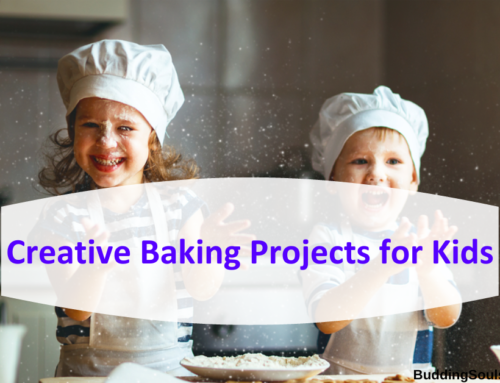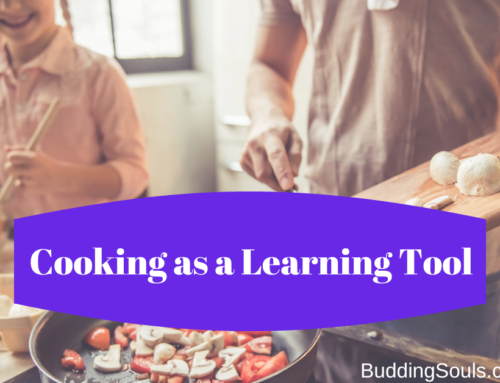Healthy Eating Habits for Life: How Cooking with Kids Promotes Nutrition
In a world filled with fast food options and pre-packaged meals, instilling healthy eating habits for life in our children has never been more important. One effective way to do this is by involving them in the kitchen. Cooking with kids not only creates memorable family moments but also teaches them valuable lessons about nutrition that can last a lifetime. In this blog post, we’ll explore the many benefits of cooking with kids and provide tips on how to make it a fun and educational experience.
The Importance of Healthy Eating Habits
Healthy eating habits are the foundation of lifelong well-being. They not only contribute to physical health but also impact a child’s cognitive development, emotional well-being, and overall quality of life. When children learn to make nutritious food choices from a young age, they are more likely to carry those habits into adulthood, reducing the risk of chronic diseases and obesity.
Cooking with Kids: The Benefits
1. Hands-On Learning
Cooking is a sensory experience that engages all five senses. When children participate in meal preparation, they touch, smell, taste, see, and hear the various ingredients and cooking processes. This hands-on learning fosters a deeper understanding of food and where it comes from.
2. Expanded Palates
Children can be notoriously picky eaters, but involving them in cooking exposes them to a wider variety of foods. As they help prepare meals, they may be more inclined to try new ingredients and flavors, ultimately broadening their palates and making them more open to healthier options.
3. Nutritional Awareness
Cooking together provides an opportunity to discuss the nutritional value of different foods. You can explain the importance of fruits, vegetables, lean proteins, and whole grains while showing them how these foods are used in recipes.
4. Math and Science Skills
Cooking is a practical way to teach math and science concepts. Kids can measure ingredients, observe chemical reactions (like when baking soda interacts with vinegar), and learn about portion sizes and food measurements.
5. Confidence and Independence
Cooking instills a sense of accomplishment and independence in children. As they take on age-appropriate cooking tasks, they gain confidence in their abilities and feel a sense of pride in contributing to family meals.
Tips for Cooking with Kids
1. Choose Age-Appropriate Tasks
Assign tasks that are suitable for your child’s age and skill level. Younger children can wash vegetables, tear lettuce, or mix ingredients, while older kids can handle more complex tasks like chopping, grating, and following recipes.
2. Make It Fun
Cooking should be an enjoyable experience for both you and your child. Play music, wear aprons, and engage in conversation while you cook. Consider themed cooking nights or cooking challenges to keep things exciting.
3. Plan Nutritious Recipes
Select recipes that emphasize balanced nutrition. Opt for dishes that incorporate a variety of food groups, and be sure to include plenty of fruits and vegetables in your meals.
4. Teach Food Safety
Instill good food safety practices in your children, such as handwashing, proper food storage, and safe handling of raw ingredients like poultry and eggs.
5. Encourage Creativity
Allow your child to get creative with recipes. Let them suggest ingredient substitutions or variations to make the meal their own. This fosters a sense of ownership and creativity in the kitchen.
Conclusion
Cooking with kids is a powerful way to promote healthy eating habits that can last a lifetime. By involving them in the kitchen, you provide valuable lessons about nutrition, expand their palates, and create cherished family moments. So, the next time you’re in the kitchen, consider inviting your little ones to join you. Together, you can embark on a culinary adventure that nurtures both their bodies and their minds, setting them on a path to a lifetime of nutritious eating.





